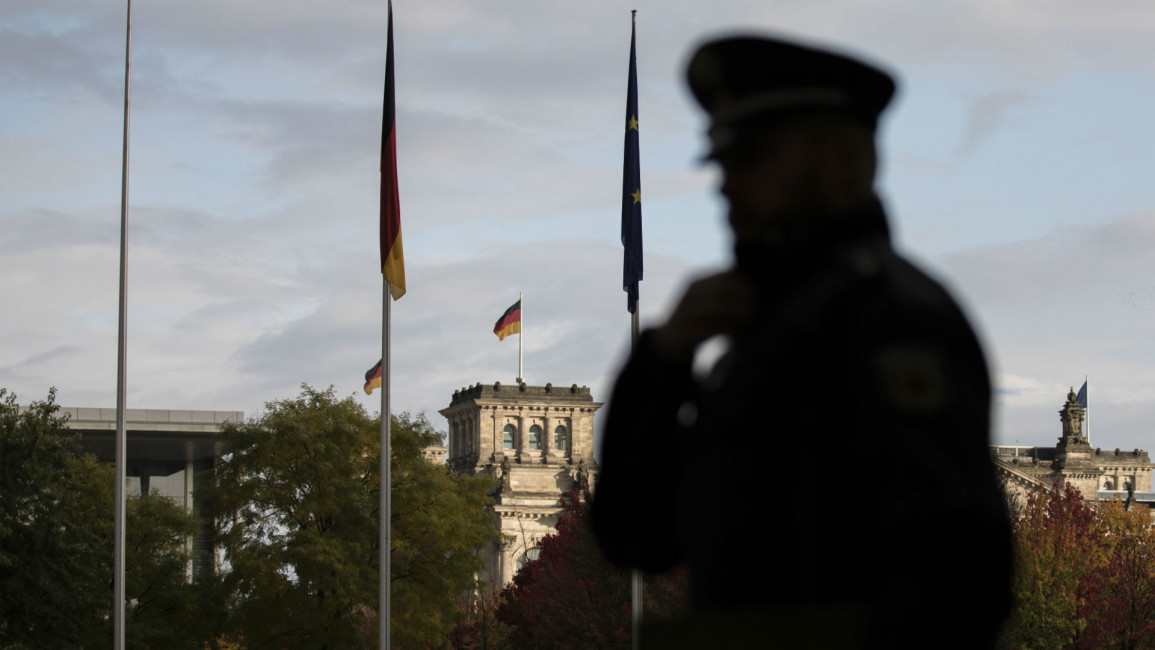German-Iraqi 12-year-old boy accused of Christmas market bomb plot
A 12-year-old boy allegedly tried to detonate a home-made nail bomb at a Christmas market, German prosecutors said.
News weekly Focus first reported the case, saying a German-Iraqi child had attempted the attack, possibly after being radicalised by Islamic State group militants.
Chancellor Angela Merkel's spokesman Steffen Seibert said "a report like this is frightening" but declined further comment, saying the matter was in the hands of federal prosecutors.
The home-made device - a glass jar filled with a combustible powder and nails - was discovered on 5 December in the western city of Ludwigshafen and destroyed by police.
"I can confirm that we have started an investigation based on the discovery of a nail bomb in Ludwigshafen," Stefan Biehl of the federal prosecution service, which handles terrorism cases, told AFP.
Focus magazine, citing unnamed judicial and security sources, said the boy was thought to have been "strongly religiously radicalised" and possibly received instructions from an unknown IS member.
Public broadcaster Suedwestrundfunk, also citing unnamed security sources, said the boy was thought to have received instructions from the IS via the encrypted instant messaging service Telegram.
'Flash radicalisation'
The boy allegedly first tried to detonate the device at the city's Christmas market on 26 November.
Then, on 5 December, he allegedly hid the explosive in a backpack outside a shopping centre near the city's town hall where a passer-by spotted it and informed police.
The child, who cannot face a German court because he is aged under-14, was detained and placed into a juvenile care facility, said Focus weekly.
City mayor Eva Lohse said he "is currently staying at a secure place and therefore presents no public threat".
Local prosecutor Hubert Stroeber told AFP that to call the device a bomb would be an exaggeration. He said that although the powder was combustible, it was unclear whether it would have exploded.
Bild newspaper quoted local police as saying the substance was powder scraped from commercial pyrotechnics and sparklers.
Lawmaker Stephan Mayer of the conservative CSU party said the case was another example of rapid or "flash radicalisation".
"This phenomenon is on the rise, it's a dangerous situation," he said on news channel NTV. "It shows we need to keep a much closer eye on the topic of political Islam."
Germany has been spared the kind of large-scale militant atrocities that hit Paris and Brussels.
But it was shaken by several assaults claimed by IS - an axe rampage on a train that injured five, and a suicide bombing that wounded 15 people.
In another case, a 16-year-old German-Moroccan girl in February stabbed a police officer in the neck with a kitchen knife, wounding him badly, allegedly on IS orders.



